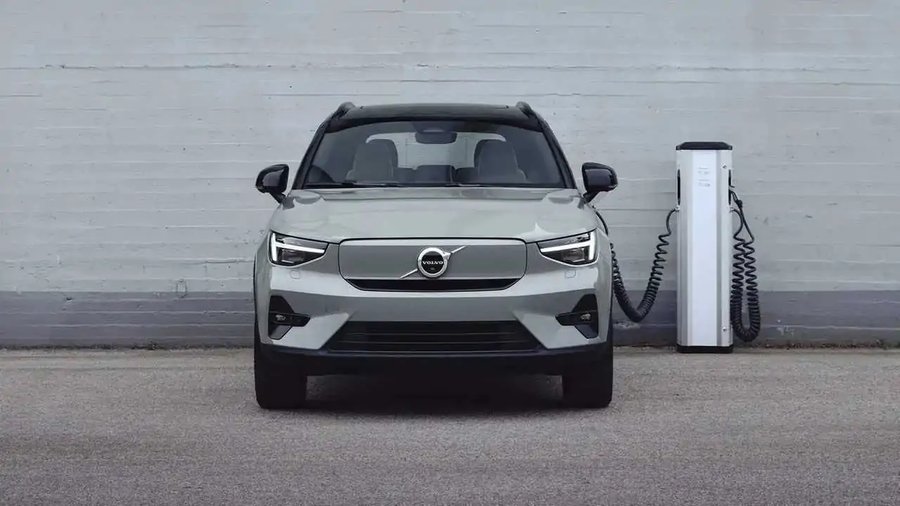Volvo Still Wants Europe to Ban Sales of New Gas Cars

Volvo was among the first legacy automakers to announce the gradual demise of its combustion engines. As early as the beginning of 2021, it promised to go purely electric by the end of the decade. That's not happening anymore, but the Swedes insist Europe should still ban sales of new cars with gas engines by 2035.
Bloomberg got a hold of a declaration signed by Volvo and 49 other companies urging the European Union not to change the target. According to CEO Jim Rowan, the most efficient measure the automotive industry can take to reduce emissions on the continent is to ban sales of new ICE cars: "Electrification is the single biggest action our industry can take to cut its carbon footprint."
Volvo is not the only automaker on that shared declaration as Rivian also wants the EU to stick to its plan of abolishing gas and diesel cars by the middle of the next decade. Bloomberg points out other automakers refused to sign the declaration but other big names outside of the car manufacturing business did, including Uber and Ikea. Tesla isn't mentioned in the report, even though just like Rivian, it only sells EVs.
It's important to mention there's an asterisk next to that ban. The European Commission wants automakers to stop selling cars that generate harmful emissions, so ICE engines are not banned per se. In theory, that leaves the door open for new vehicles powered by combustion engines running on synthetic fuel or even hydrogen. Germany demanded this exemption, and the EC has pledged to elaborate a legal route for cars with combustion engines that run on carbon-neutral fuels to stick around after 2034.
In the meantime, Volvo has killed one important type of combustion engine and has promised to never bring it back. In late March, the last diesel car rolled off the assembly line. By 2030, plug-in hybrids with gasoline engines and purely electric vehicles are projected to account for 90-100% of total sales.
Six years from now, the Geely-owned brand believes only a "limited number of mild hybrid models" are still going to be around. PHEVs and EVs already represented 48% of shipments in the second quarter of the year, with Volvo estimating 50-60% for 2025.
At the beginning of the year, Porsche Chief Financial Officer Lutz Meschke said the 2035 ban could be delayed. Earlier this month, Italy's Minister of the Environment and Energy Security declared "the ban must be changed" as the "ideological vision" has failed. Gilberto Pichetto Fratin added the proposed ban is "absurd" and that Europe "needs a pragmatic vision." His sentiments are echoed by Italy's Prime Minister Giorgia Meloni as she believes the ban is "self-destructive."
Whatever happens in Europe, it will have global ramifications since the biggest players in the automotive industry develop and build cars on the continent. If a certain brand won't be allowed to sell its gas car from 2035, that company might not achieve the necessary economies of scale and could kill that ICE model globally.
Related News
